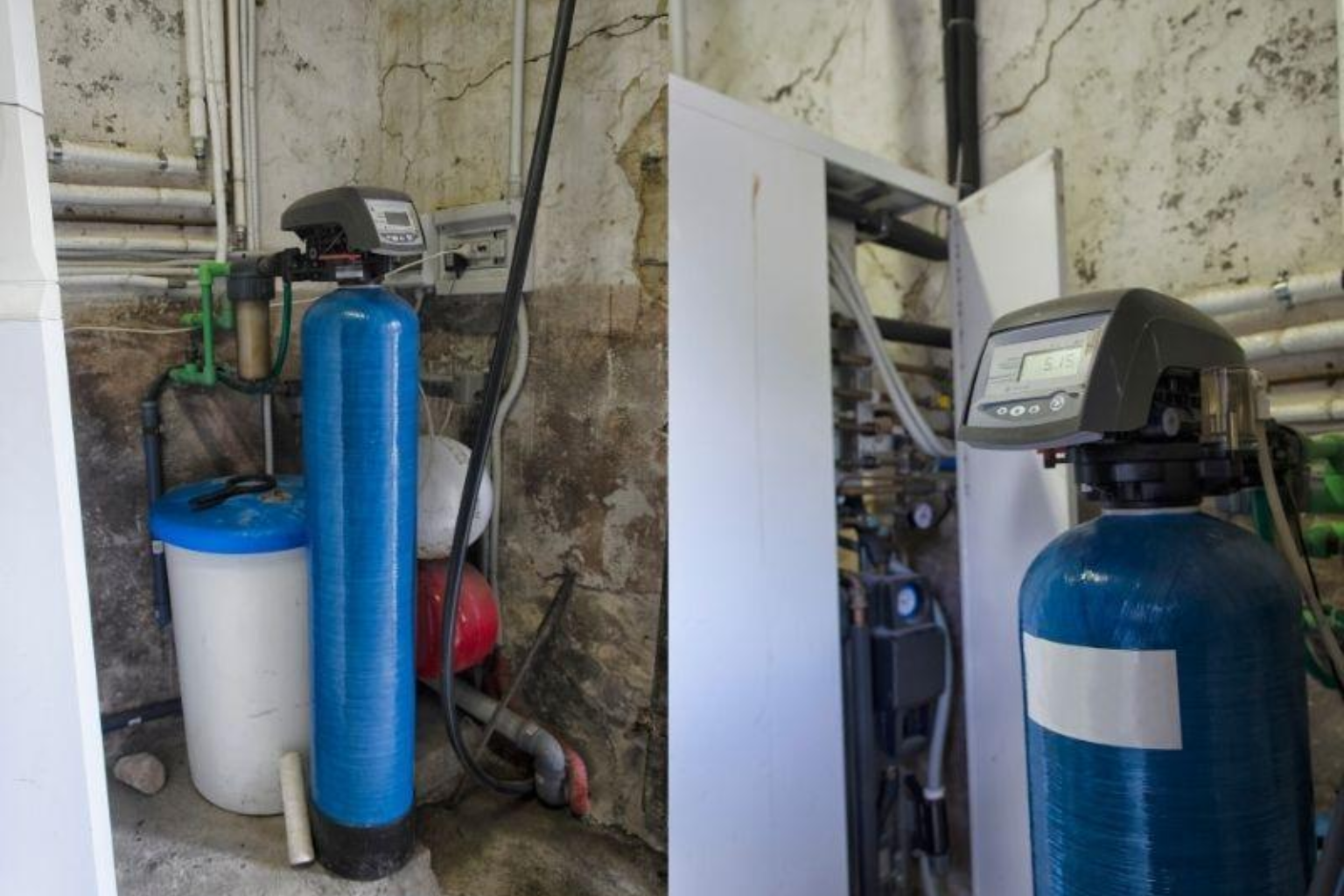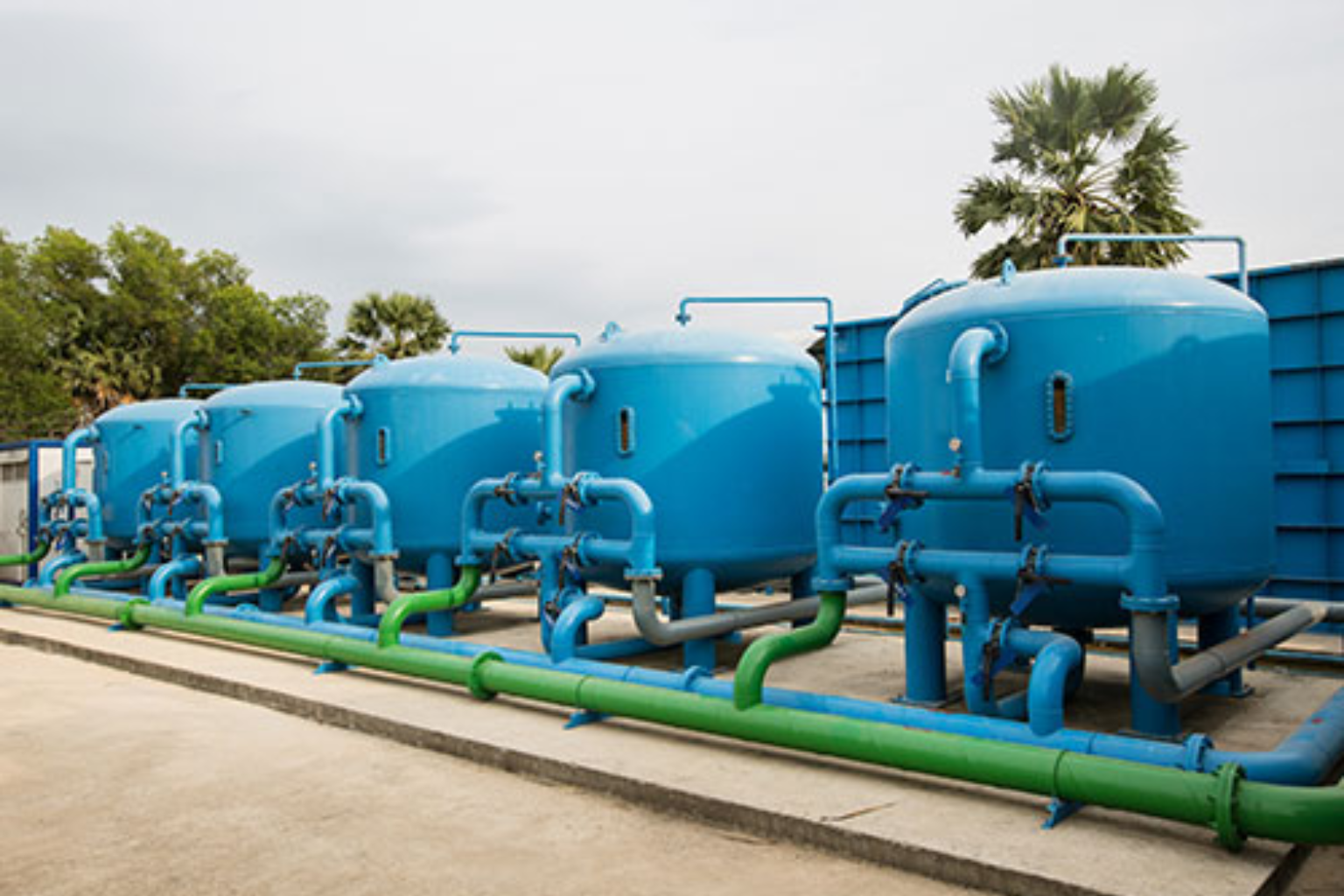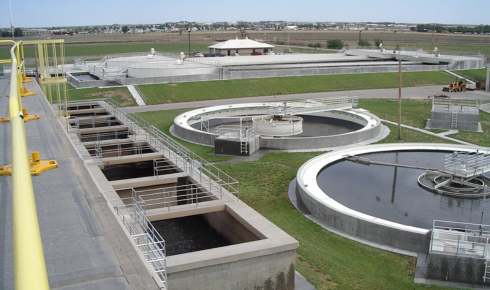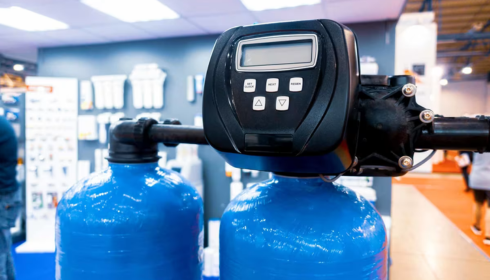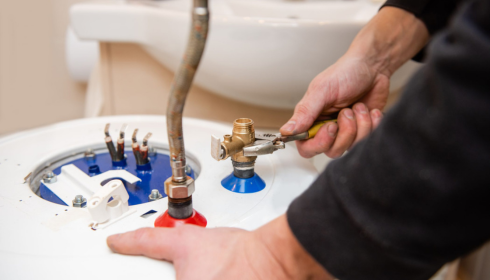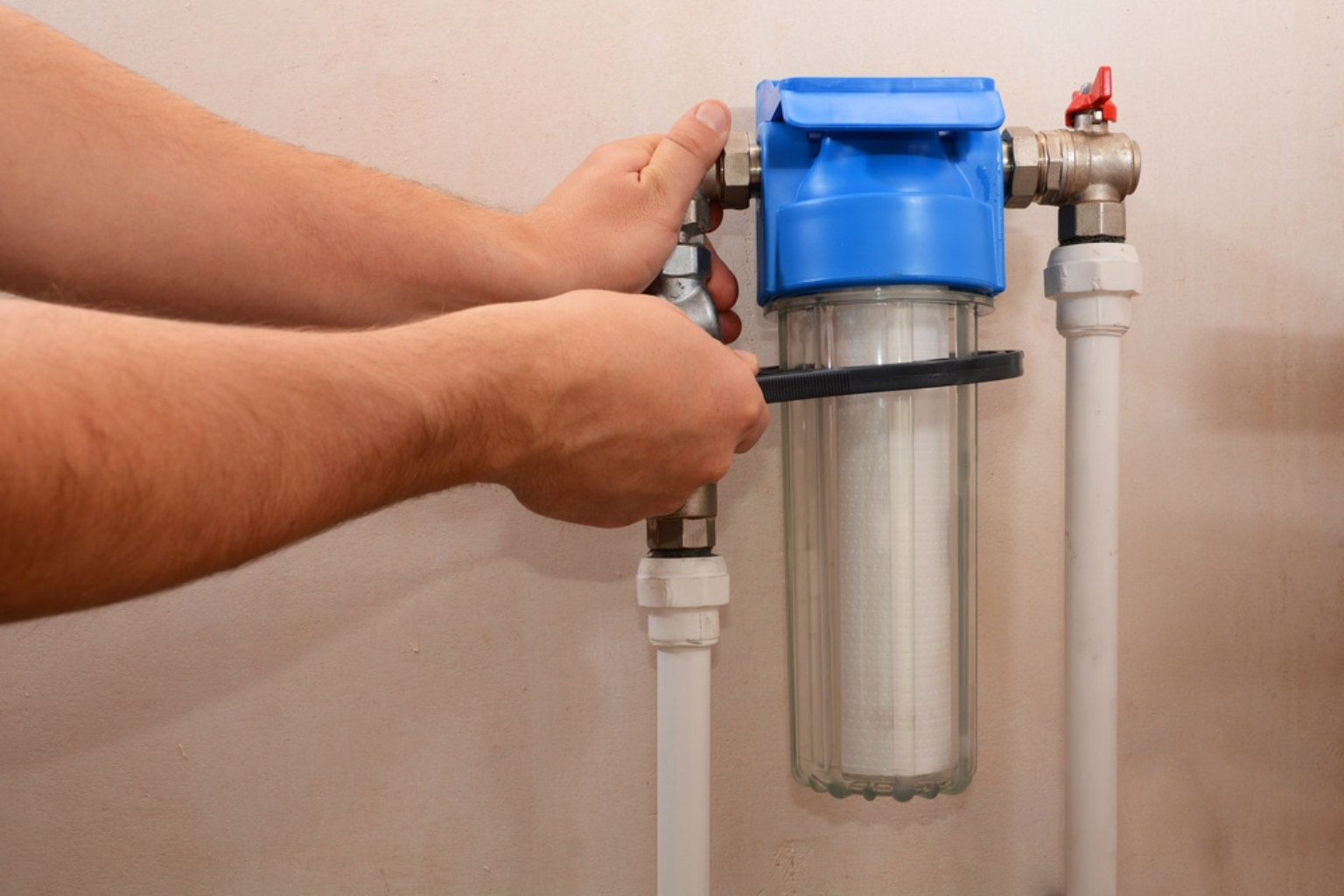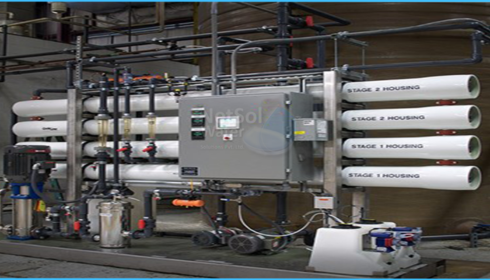
Walk into any office building, restaurant, or hotel, and chances are you don’t think twice about the water. It’s just… there. Flowing from the faucets, running through the dishwashers, filling up ice machines, or circulating in HVAC systems. But behind the scenes, that water is either quietly supporting the business—or slowly eating away at it.
For many business owners, water quality is one of those invisible factors that doesn’t get noticed until something breaks. A cloudy glass served to a customer, a boiler running less efficiently than it should, or an appliance that gives out years before its time. It’s easy to chalk these problems up to “wear and tear,” but more often than not, it comes down to untreated or poorly managed water.
The Hidden Burden of Hard Water
Hard water doesn’t just leave spots on glassware. In a commercial setting, it becomes an expensive problem. Scale builds up inside pipes, forcing systems to work harder. Dishwashers, laundry equipment, and coffee makers lose efficiency. Water heaters need more energy to deliver the same results. And eventually, those costs show up in repair bills and higher utility statements.
That’s why so many companies are investing in commercial water softener installation. By tackling hardness before it moves through the system, businesses can save thousands on maintenance and energy, all while delivering better results for customers. Softer water means spotless glasses, softer linens, and fewer complaints about the little details that can make or break a customer’s impression.
Kansas City and the Local Water Challenge
If you’re in Kansas City, you already know the water situation isn’t simple. Municipal supplies meet standards, sure, but that doesn’t mean they’re perfect for every business. Hardness, chlorine, and other elements can vary depending on the area—and those variations can wreak havoc in industries where consistency matters.
That’s where the demand for commercial water treatment KC is growing. Local providers understand the unique quirks of Kansas City’s water and design solutions that aren’t just generic fixes. Breweries, hospitals, hotels, and office complexes all have different needs, and a tailored system makes the difference between “good enough” and truly optimized.
Beyond Softening: The Power of Reverse Osmosis
For some businesses, softening isn’t enough. Restaurants, labs, and food production facilities often require water that’s not just free of hardness but stripped of almost everything. That’s where reverse osmosis comes in.
A commercial reverse osmosis system installation provides that extra layer of purity. By forcing water through a semi-permeable membrane, contaminants like nitrates, lead, and even microscopic impurities are removed. The result? Crisp, consistent water that elevates food quality, keeps lab tests accurate, and reassures customers who notice the smallest details. It’s a serious step, but for many industries, it’s the only way to meet both health standards and customer expectations.
Why It Matters More Than You Think
Water quality isn’t just about taste or appearance—it’s about efficiency, reputation, and long-term savings. A hotel with dingy sheets from hard water doesn’t make a great impression. A brewery using inconsistent water risks flavor variation in every batch. A medical facility with untreated water risks equipment reliability.
The cost of installing treatment systems might seem high at first glance, but compare that to the hidden costs of ignoring the problem. Equipment failures, higher utility bills, lost customers, or even regulatory penalties. Suddenly, investment looks like the smarter, safer play.
The Business Case in Real Life
Take a mid-sized restaurant that installs a softener. Suddenly, glasses come out of the dishwasher spotless, saving staff hours of re-washing. Soap and detergent use drops, cutting supply costs. Water heaters run smoother, shaving money off monthly energy bills. Customers notice the improvement without ever realizing the system behind it.
Or consider a local brewery. With reverse osmosis, they finally have complete control over their water profile. Every batch of beer tastes the way it’s supposed to, no matter what the municipal supply is doing that month. Consistency becomes a competitive edge.
These aren’t hypothetical perks—they’re daily realities for businesses that decided water quality mattered as much as any other part of operations.
Maintenance: The Often Overlooked Key
Here’s the catch: no system is “set it and forget it.” Even the best softeners, filters, and RO units need regular checks. Valves wear down, filters clog, and membranes need replacement. Skipping maintenance turns a smart investment into a wasted one.
But staying on top of service isn’t complicated. Most providers offer maintenance plans that keep everything running smoothly with scheduled checkups. For a fraction of the cost of an emergency breakdown, you get reliability and peace of mind.
The Human Side of Water
Beyond the technical and financial angles, there’s a human side too. Employees appreciate cleaner water for drinking and washing. Customers notice when the little details are right—clear ice, fresh-tasting coffee, linens that feel soft. It’s about creating an environment where people feel comfortable and cared for, even if they can’t put their finger on why.
And as sustainability becomes a bigger focus, businesses also see the value in reducing bottled water use, cutting down chemical cleaners, and lowering energy consumption. Treated water isn’t just good for operations—it’s better for the planet.
Looking Forward
Technology in water treatment keeps evolving. Smarter systems now track usage, monitor quality, and even send alerts when it’s time for service. This means businesses don’t have to guess or wait for something to go wrong—they can manage water like any other critical resource, with data and precision.
In Kansas City and beyond, water treatment is shifting from an afterthought to a strategic decision. Companies that adapt now won’t just save money—they’ll gain an edge in customer satisfaction, compliance, and long-term reliability.
Wrapping It Up
Water may not be the flashiest part of running a business, but it’s one of the most important. Whether it’s softer water that protects equipment, advanced purification for sensitive industries, or simply making sure customers have a great experience, it all ties back to what flows through your pipes.
The choice isn’t whether you’ll deal with water issues—it’s when. You can ignore them until the bills pile up and equipment fails, or you can address them early with systems built for your needs. In the long run, the businesses that treat water as a priority aren’t just protecting themselves—they’re setting themselves up to thrive.
Because in the end, it’s not just water. It’s the foundation of trust, comfort, and efficiency in every glass, every wash, and every customer interaction.

